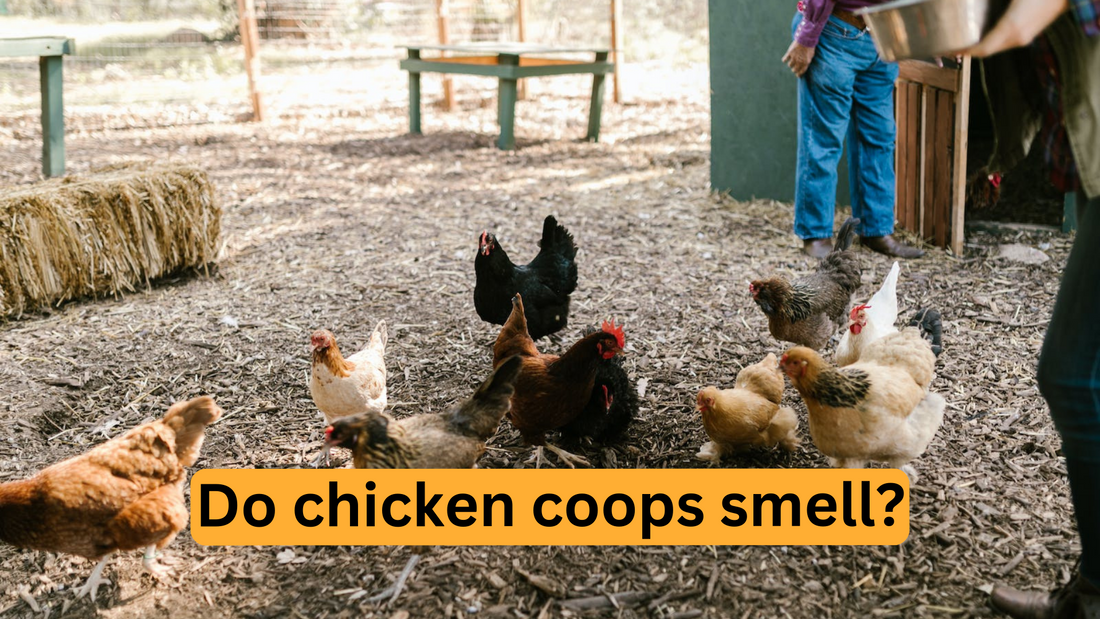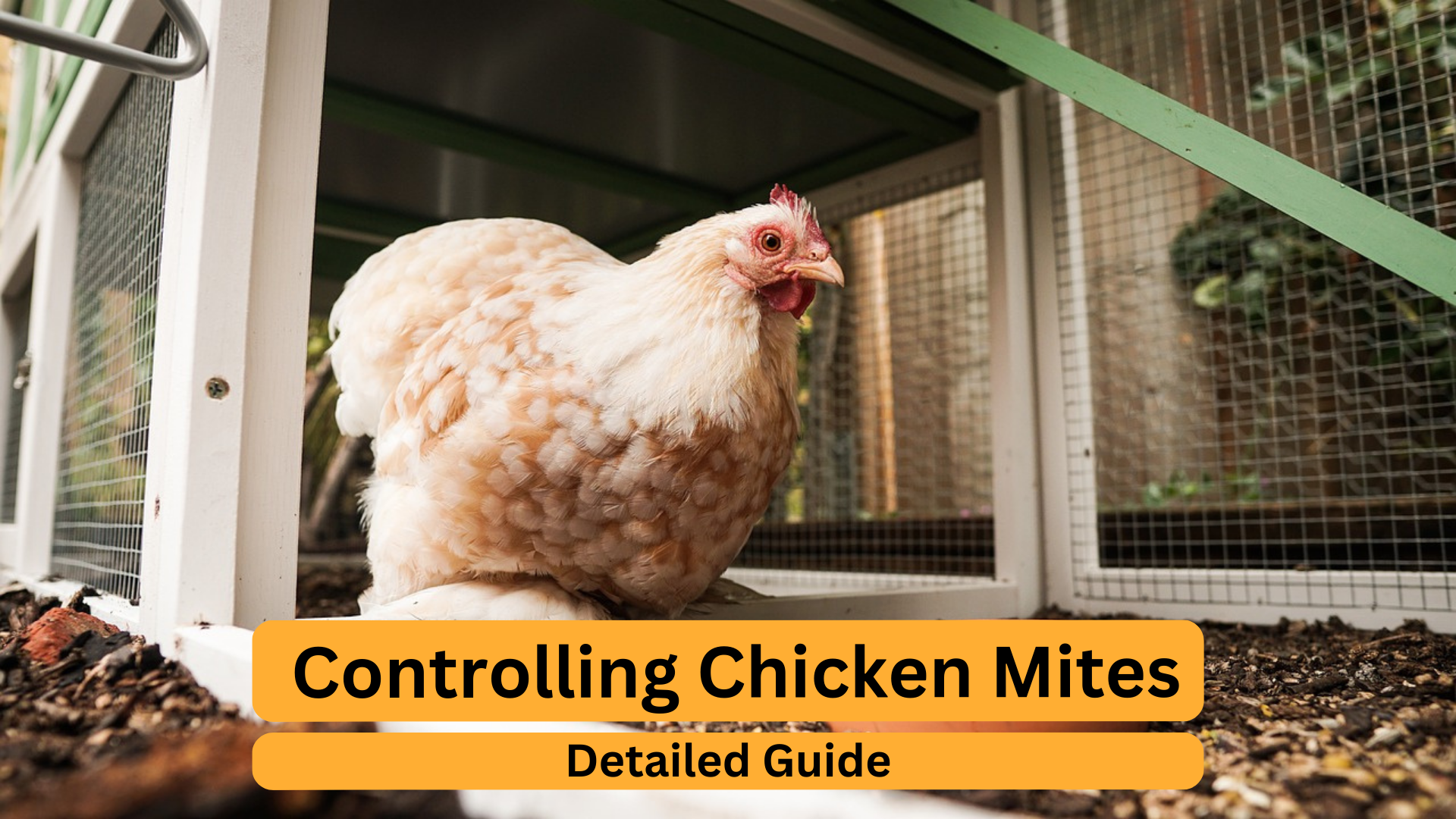Smells can be released from chicken coops, however the degree of odour relies on a number of variables, including the coop's upkeep and management. The following are some elements that may affect how a chicken coop smells:
Cleanliness:
Odour control depends on the coop being cleaned on a regular basis. Ammonia and other odorous substances can be prevented from building up by getting rid of garbage and dirty bedding and replacing it with new material.
Ventilation: To maintain clean air inside the coop and lower moisture levels, proper ventilation is crucial. Proper ventilation aids in avoiding ammonia accumulation, which can be a major cause of odour. Systems for ventilation should be built to draw in new air while expelling moisture and stale air.
Ventilation:
To maintain clean air inside the coop and lower moisture levels, proper ventilation is crucial. Proper ventilation aids in avoiding ammonia accumulation, which can be a major cause of odour. Systems for ventilation should be built to draw in new air while expelling moisture and stale air.
Bedding:
The kind of bedding that is used in the coop might affect the smell. Materials that absorb moisture and smells more effectively than materials like sand or dirt include straw, wood shavings, and hay.
Waste Management:
Reducing odour can be achieved by implementing efficient waste management methods, like composting or routine removal of waste. Some hen keepers employ deep litter systems, which gradually compost excrement to lessen odour and provide warmth in the winter.
Proximity to Living Areas:
Odours may be more noticeable if the chicken coop is situated too close to your house or other living areas. Think about where the coop is in relation to your house.
Appropriate Feeding:
The kind and calibre of chicken feed can influence the waste's smell. Less offensive excrement can be the outcome of feeding your pet a high-quality, balanced diet.
Regular Maintenance:
Effective odor management in chicken coops is heavily dependent on regular and thorough maintenance. This routine involves several critical tasks:
Coop and Run Cleaning:
Consistently keeping the coop and its surrounding run area clean is paramount. This includes regularly removing waste and debris, ensuring the living spaces are free of contaminants that can cause unpleasant smells.
Sanitising Water and Feed Containers:
Regularly cleaning and sanitizing water and feed containers prevent the buildup of bacteria and fungi, which can contribute to bad odors.
Nesting Box Maintenance:
An often-overlooked aspect of coop maintenance is the care of nesting boxes. These boxes should be regularly inspected and cleaned to ensure they are dry and free from parasites and mold, which not only affects the health of the chickens but also contributes to overall coop odors. Using nesting boxes from Nestyboxes, designed for easy cleaning and maintenance, can significantly aid in this process.
Natural Odour Control:
Some chicken caretakers naturally cover odours by planting pleasant herbs like mint or lavender close to the coop.
In conclusion, smells can come from chicken coops, but they can be efficiently minimised and controlled with good management, cleanliness, ventilation, and waste control. There shouldn't be an overpowering or disagreeable stench coming from a well-kept coop.









